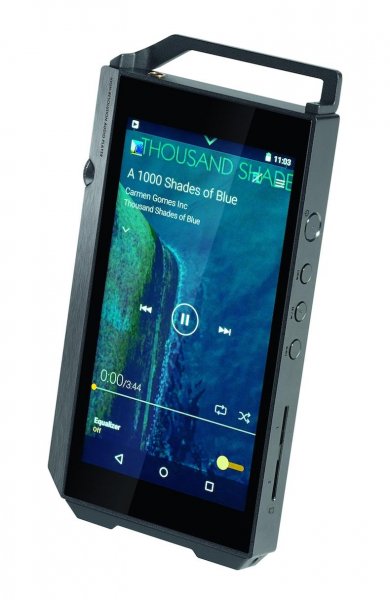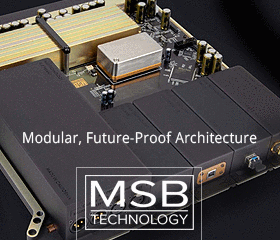According to the current month AS article (pgs. 76-77) regarding new material, MQA can "take the listener one step further back in the chain to the signal before the master recording". RH compared a Peter McGrath original recording in 88.2kHz/24-bit vs. an MQA version, RH states the latter was much better in terms of timbre, dimensionality, differentiating individual instruments, and emotion.
RH also asked MQA to encode a file containing one of his 1988 DAT recordings (44.1/16-bit), providing the A/D converter information used to make the original recording. RH states his comparison of his original file to the MQA file, the MQA version had improved instrumental timbre, dynamic attack, specific location, air and bloom, resolution, and soundstage dimensionality. Other recording professional testimonials are included in the article.
Of course the thought crosses my mind this is just another industry manipulation to sell more audio equipment and recordings. And I would certainly prefer my current DAC be upgradeable via firmware rather than buying both new hardware and software.
But for me to buy into MQA, the process will have to easily demonstrate dramatically improved playback on recordings, demonstrate that other formats (e.g.; PCM) won't piggyback on MQA labeled products such as they have with SACD "DSD", and MQA recordings must become ubiquitous unlike SACD's. And since MQA is proprietary, licensing fees may seriously curtail recording companies from using this process, similar to Sony's DSD fees.
I bought into the SACD phenomenon and have lots of discs. It reaffirmed the recording and mastering process are more important than the format. While native DSD and hirez PCM recordings arguably have brought sonic improvements, it's a mixed bag.
Perhaps if MQA is made available to all recording studios and artists, is easy to use, and affordable, I can see it may be successful. Somehow the industry is going to have to demonstrate they're really on-board with creating high quality, high resolution audio recordings. Maybe MQA is the answer, time will tell.















